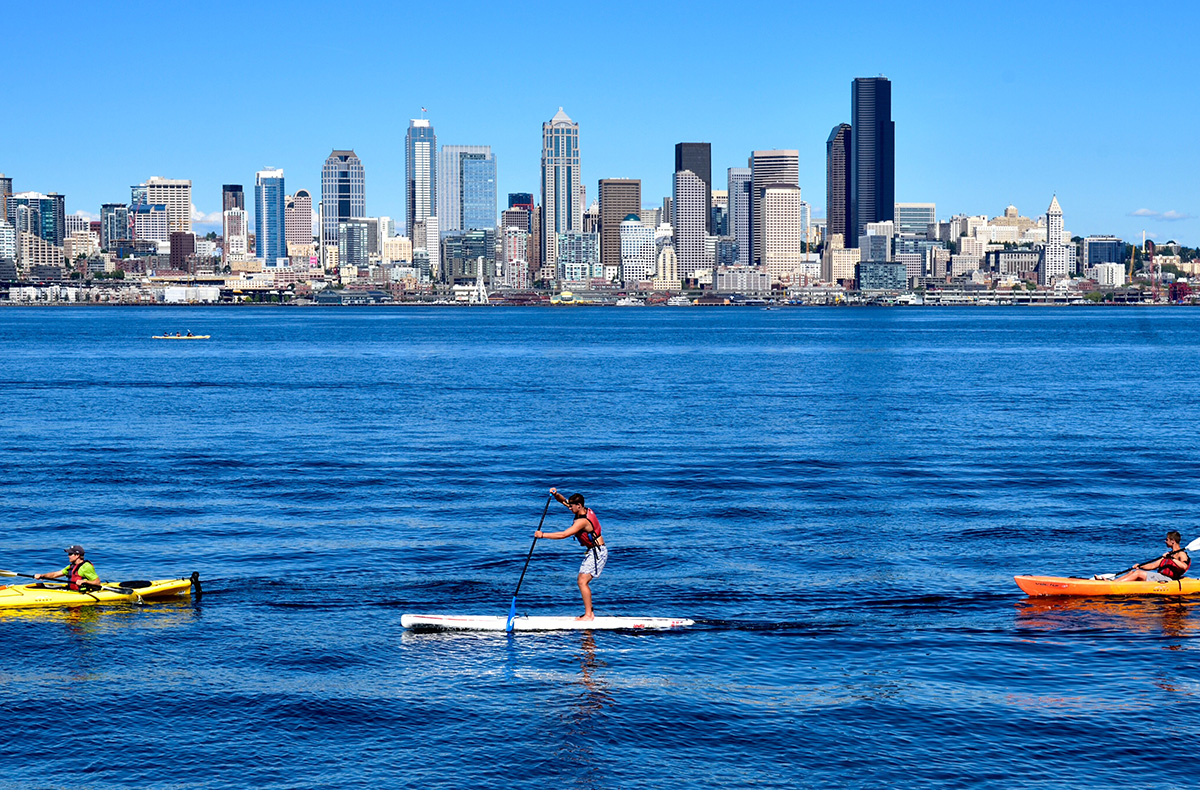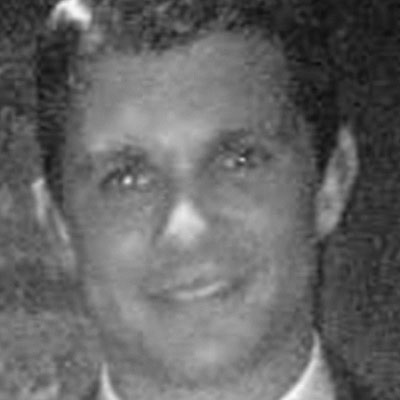Residents of America’s Pacific Northwest are often quick to claim they don’t have an accent. Not so fast! First of all, everyone has an accent. And second, there are indeed subtle differences in the way people from Washington and Oregon speak as compared to even “standard” American English.
Before we look at how the PNW accent is different, however, let’s look at why it is so slight. As part of America, this region is relatively young. It was essentially the last frontier for settlers, and Washington itself didn’t even become a state until about 140 years ago. That means that compared to the 13 original colonies and cities like Boston, New York City, and Atlanta (all of which are known for having strong accents), the Pacific Northwest region is still a baby. Researchers believe that accents take time to develop, meaning that while there may not be a big PNW accent today, it is actually getting more distinct.
Nevertheless, while the PNW accent is understated, it is definitely there if you know what to look for. Some of the big giveaways are its vowel sounds, word endings, and of course the slang.
Vowels
People from the PNW often pronounce the long /A/ sound and the short /e/ sound similarly, meaning words like “fell” and “fail” may sound the same. Linguists say that this is a clear Canadian influence. One memorable example of this phenomenon is the story of an East Coast transplant who showed up at a college party with a cake. After getting some strange looks walking around the party with his cake, the Easterner finally asked the host why he’d told him it was a cake party. The host, a Seattle native, shook his head and replied, “I didn’t say it was a cake party. I said it was a keg party!”
Word Endings
Another regional linguistic trait is dropping the final /g/ from -ing words. One famed Pacific Northwestern, Microsoft founder Bill Gates, was noted by linguists for doing this extensively during a speech at Harvard. This can apply to verbs like “running” as well as nouns like “computing.”
Another interesting difference in the PNW dialect is that -ed word endings are often dropped from adjectives. This means that “canned fish” and “canned fruit” are often pronounced “can fish” and “can fruit.” This has become so prevalent that some stores will even advertise “can fish” and local children grow up believing that the terms are indeed “can fish” and “can fruit.”
Pacific Northwest Slang to Know
“The mountain is out.”
In the notoriously rainy city of Seattle, being able to see Mount Rainier peek out from behind the clouds indicates a day with nice weather.
Tolo
This is the local term for a Sadie Hawkins Dance in which girls invite guys.
A rack of beer
A rack equals 24 beers. A 12-pack is of course “a half rack,” but in order to avoid having to get too mathematical, a 30-pack is simply known as “a 30-rack.”
Sun break
This is when the sun’s rays shine through the clouds. These rare occasions needed to be commemorated with their own term.
Slang Bonus – The Great Grunge Hoax
At the height of the grunge music movement in 1995, Seattle record store employee Megan Jasper pulled a fast one on a New York Times reporter looking to get the lowdown on Seattle slang. Instead of giving the reporter real slang, Jasper invented over a dozen absurd terms and definitions on the spot, which were subsequently printed in the New York Times and reported as fact. These included a supposedly Seattle term for hanging out – “swingin’ on the flippity-flop” and being intoxicated – “a big bag of bloatation.”
How to Talk with a Pacific Northwest Accent
Well, if you want to start off on the bunny slope, your best bet is to talk about beer, coffee, or rain. Make sure those short /e/ and long /a/ sounds aren’t too different, and avoid the ending -g sound like Mr. Microsoft. Just don’t get caught trying to swing on the flippity-flop!


